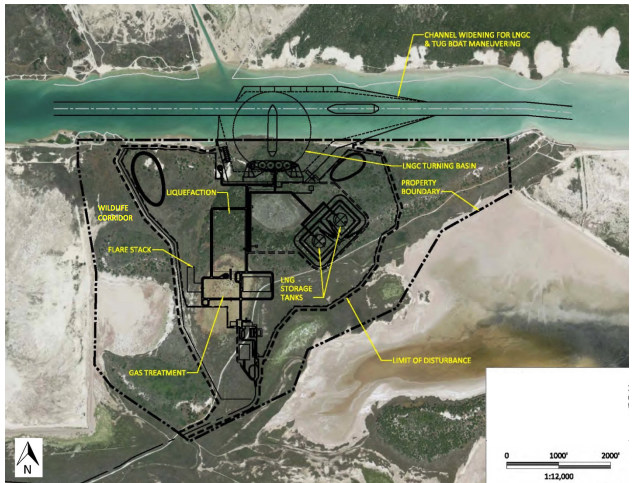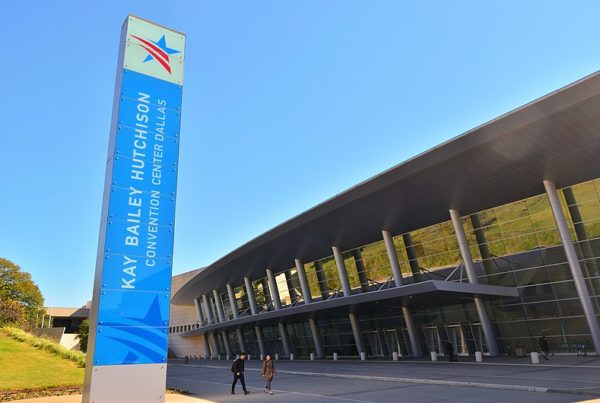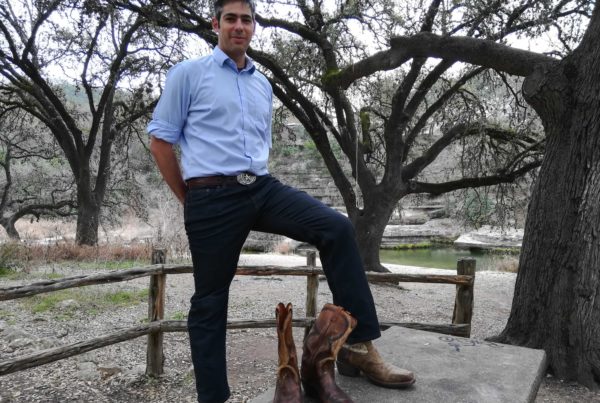Earlier this week, Houston-based Annova LNG stopped its efforts to build a liquefied natural gas terminal at the Brownsville Ship Channel.
The idea was to pipe natural gas from oil fields in West and South Texas – where it’s so abundant, producers often just set it on fire – to a facility in the Rio Grande Valley where it would be liquefied, and then loaded on ships for export. Markets such as China, South Korea, and Europe have high demand for imported natural gas in liquefied, or LNG, form.
But building such facilities is time-consuming and expensive because of the regulatory hurdles and potential litigation involved.
A press release from Annova said that the project was discontinued because of “global market conditions.”
“Deal-making is still tight after COVID,” said Sergio Chapa, a Houston-based energy reporter for Bloomberg. “There’s a big payoff coming for the LNG industry, you know, over the next 10 years or so with overseas demand skyrocketing. But in order to make it to that, you’ve got to be able to survived this lean period.”
The Annova LNG project has been in the works since 2013. The plan was to ship over 6.5 million tons of liquefied natural gas out of the facility each year.
But according to Chapa, it’s been difficult for companies like Annova to find customers over the past year. Uncertainty fueled by the pandemic has made importers reluctant to sign long-term contracts.
There are currently 12 LNG export facilities that have been approved for development in the U.S. Whether those will survive or go the way of Annova will depend on their ability to create revenue to fund construction and initial operations.
Local environmental groups are happy with the announcement. But there are two more plants. Annova’s was one of three LNG projects proposed for the Brownsville Ship Channel. The others – Texas LNG and Rio Grande LNG – are still moving forward. They’ve faced legal challenges from groups such as the Sierra Club that say the projects will worsen local air quality, and destroy the ecosystems that currently exist along the channel.















